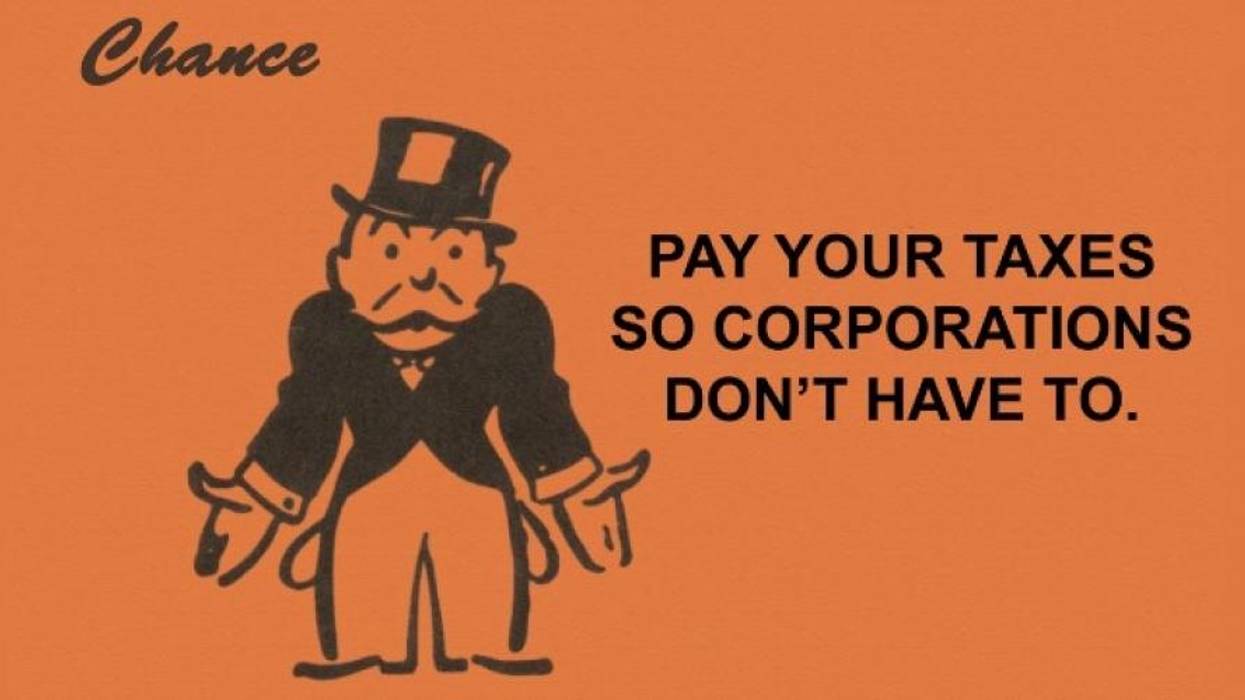Mamdani Won the Primary; Now What?
Usually, such a great primary win in overwhelmingly Democratic New York City guarantees a smooth path to a November win against a Republican opponent. Not this time.
People are asking about my reaction to Zohran Mamdani’s spectacular and decisive upset in the Democratic primary victory for Mayor of New York over ex-Gov. Andrew Cuomo. Mamdani’s victory was so overwhelming that Cuomo conceded generously, saying that Mamdani ran a “…highly impactful campaign…” “He deserved it. He won.”
Here are my observations:
1. Usually, such a great primary win in overwhelmingly Democratic New York City guarantees a smooth path to a November win against a Republican opponent. Not this time. No sooner than Wednesday, a clutch of wealthy Wall Streeters, real estate giants, and supporters of the genocidal Israeli Prime Minister Benjamin Netanyahu were meeting to plan the strategy to defeat this 33-year-old three-term state assemblyman in the November general election.
Mamdani’s agenda is no more socialist than that of FDR.
2. Mamdani won with one repeated pledge—“affordability” to live in the nation’s largest city. That meant 1) freezing rent on 1 million rent-stabilized apartments; 2) free bus fares; 3) free, universal childcare; 4) “city-owned grocery stores,” 5) a higher minimum wage and higher taxes on the super-rich and higher corporate taxes.
Mamdani has other options at the ready that he did not even mention. Such as ending costly property tax abatements for large commercial buildings and ending the daily rebate of a tiny sales tax of $15 to 20 billion a year on stock transactions, transferred by Wall Street brokers to NY state. Those revenues can be shared with New York City. (See: greedvsneed.org). To expand affordable housing, Mamdani can tap into the National Cooperative Bank in Washington, D.C., which has long provided loans to construct cooperative housing projects—that is, housing owned by its residents.
3. With 993,546 votes counted, Mamdani beat Cuomo by 71,000 votes. The primary voter turnout was almost 1 million voters. In the general election turnout will be many more of the 7 million eligible voters. Therein lies a possible vulnerability in November. Mamdani got his vote out with 50,000 volunteers, including a surge of younger voters. In November, millions more voters may turn out who were not excited enough this month to turn out for this young “Democratic Socialist.” These additional voters might be a much tougher sell.
4. Mamdani’s agenda is no more socialist than that of FDR. In conservative New Hampshire, all liquor stores are owned by the state. In the red state of North Dakota, there is a thriving, prominent State Bank. The Tennessee Valley Authority and scores of city electric companies are owned by public authorities. And the list goes on. Reality will not stop the burgeoning campaign of slander, fakery, and bigotry underway against this charismatic American Muslim. Fascist Greedhound Donald Trump called him a “communist lunatic.”
Many millions of dollars are ready to redefine Mamdani falsely. He is an excellent and credible responder. That skill and veracity apply to his stand against Netanyahu’s mass murdering in Gaza and his position on equal rights for everyone. AIPAC will find him a more difficult candidate to defeat than Rep. Cori Bush (D-Mo.) and Jamaal Bowman (D-N.Y.). He needs to forcefully counter AIPAC, a domestic agent of Netanyahu.
5. For his part, Mamdani has not yet adopted many of the progressive agenda planks ready for use in all campaigns, including local ones, along with new ways to get out the vote. Unlike most Democrats, Mamdani does not contract out his campaign to corporate-conflicted political consultants who have sabotaged Democratic voters for years. He speaks and acts for himself, from his mind and heart. He can make use of our report “Crushing the GOP, 2022” (still very relevant), featuring the political wisdom of 24 civic leaders for waging successful progressive campaigns (See: winningamerica.net). He can use the geographically specific database showing corporate subsidies by local governments (See goodjobsfirst.org). He can make use of the corporate crime trackers to make his case for cracking down on corporate crooks eating away at New York City’s consumer dollars and savings.
6. Finally, Mamdani’s access to the mass media should encourage him to embrace other progressive democratic primary challengers facing the decaying Democratic Party’s establishment that never learns from their losses to the worst, most corrupt, cruel GOP in the party’s history.


